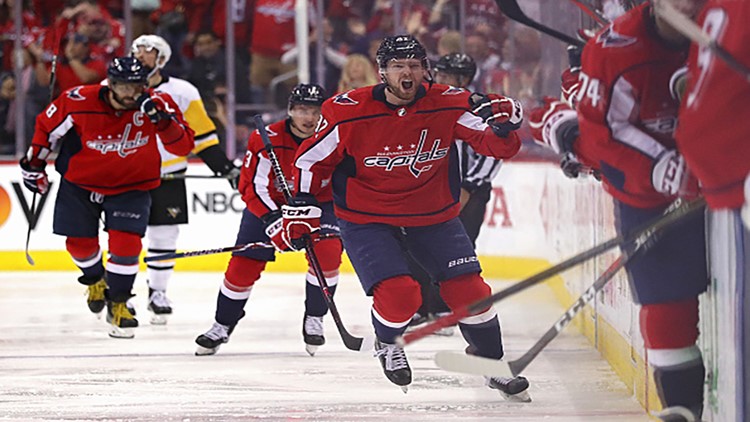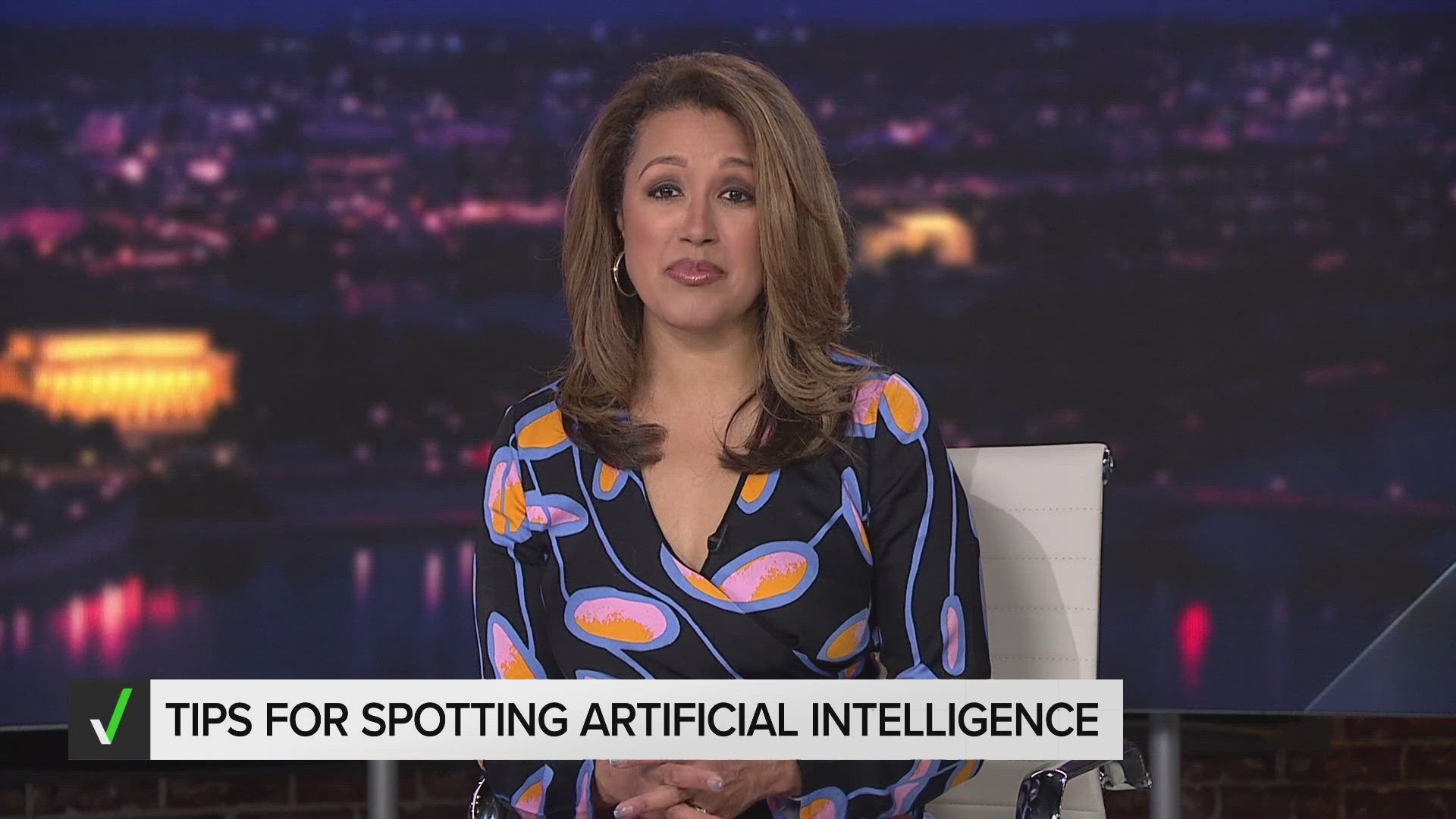QUESTION:
Did the Supreme Court rule sports betting is legal in all 50 states and online?
ANSWER:
No, the SCOTUS ruling said that a federal ban on sports betting is unconstitutional under the 10th amendment. Now, states can decide individually whether to legalize it.
SOURCES:
Supreme Court Opinion: MURPHY, GOVERNOR OF NEW JERSEY V. NATIONAL COLLEGIATE ATHLETIC ASSOCIATION
Professional and Amateur Sports Protection- PAPSA
Federal Law - "Unlawful Internet Gambling Enforcement Act"
PROCESS:
Jubilation over the Supreme Court's reversal of "PAPSA," or the 1992 ban on sports betting, took social media by storm. Major league players weighed in calling the decision "monumental."
Lots of people seemed confused about what the SCOTUS decision actually did, tweeting a flurry of tweets celebrating that sports betting is legal everywhere, including online.
That's where WUSA9's Verify team comes in, to stop the spread of fake news, before you hit share.
The Supreme Court decided that a federal ban on sports betting is unconstitutional under the 10th amendment, and said states can pass their own laws to ban or allow betting.
Right now Nevada is the only one allowing it, with about 20 states filing bills in state legislatures.
In Maryland, even if the general assembly passes a bill to legalize sports betting in casinos, state law also requires a vote of the people to make it happen. In Virginia, the only gambling allowed is the lottery, horse racing and charitable gaming.
People online are also confusing this ruling about sports betting in brick and mortar shops with online betting, which is a totally different ballpark.
In many states like Maryland, Virginia and D.C., it's never been legal to take or make an online wager.
There's also a federal law (Unlawful Internet Gambling Enforcement Act) still on the books that makes it illegal to take a bet online from someone in a state where it's illegal.
We can Verify those tweets claiming sports betting is now legal in all 50 states is false.



